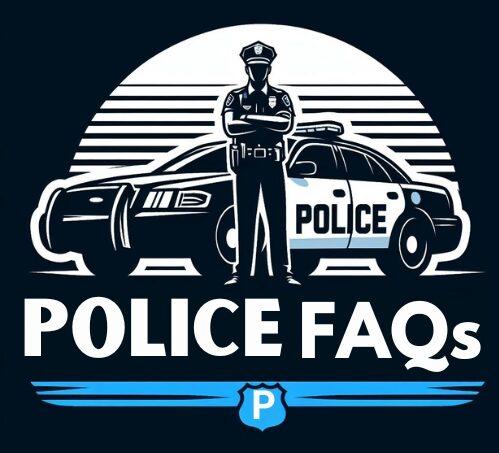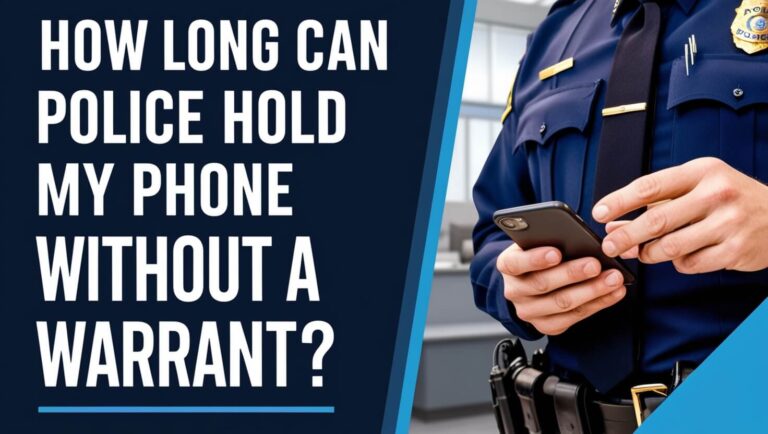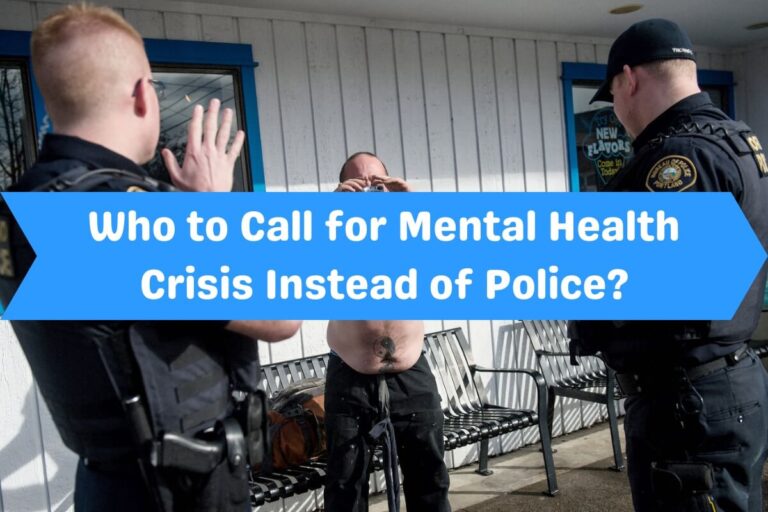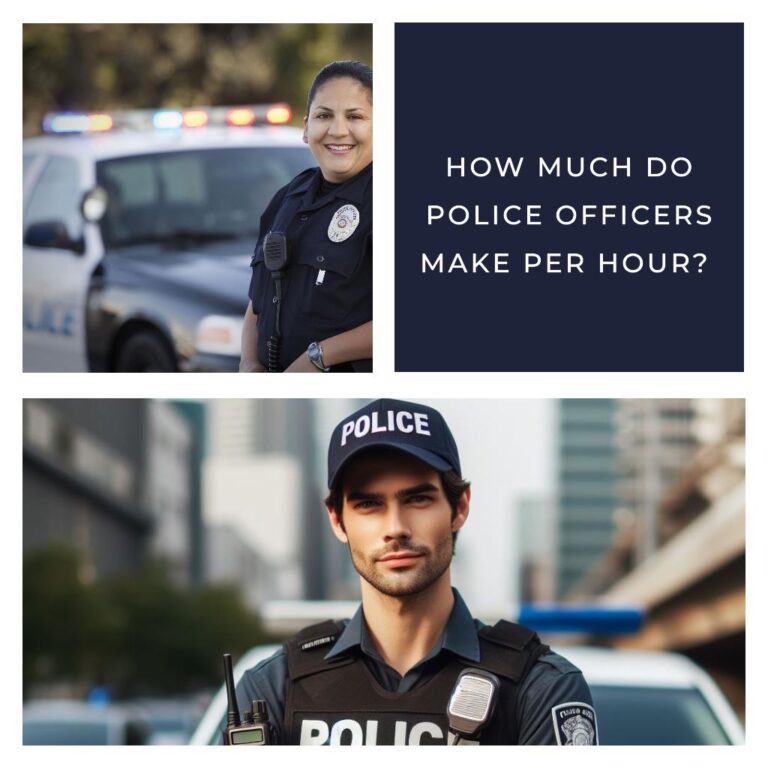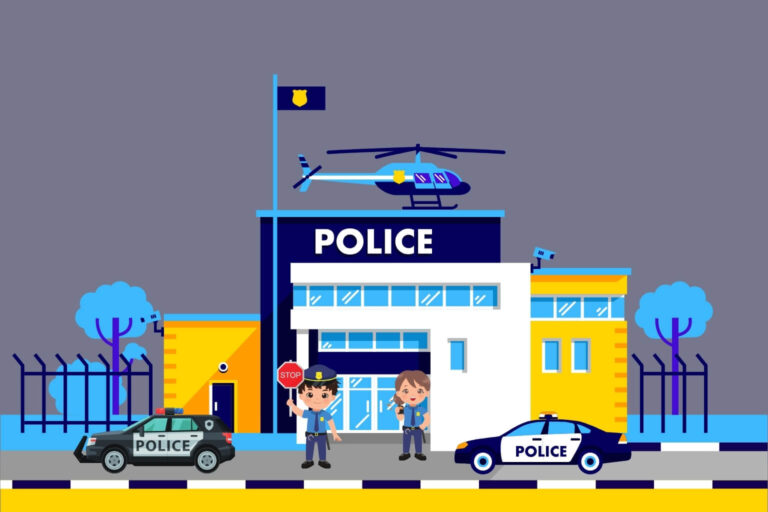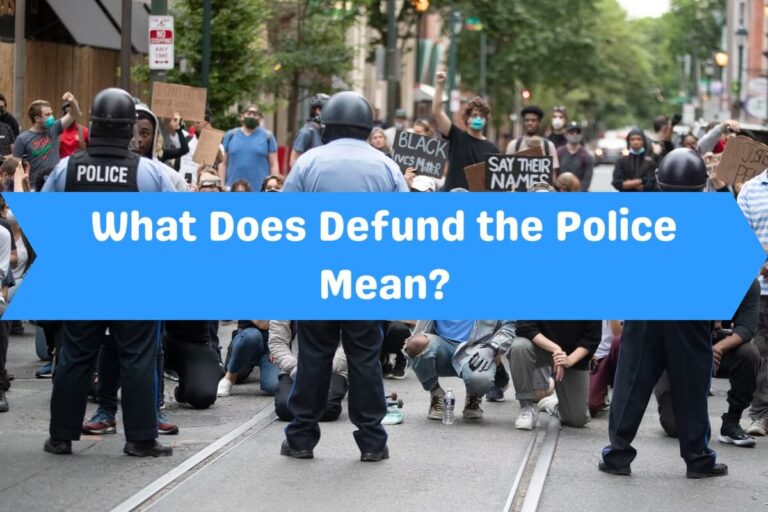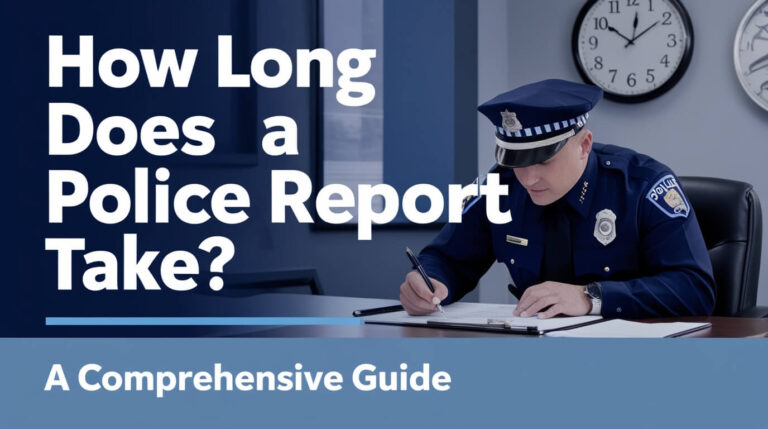What is a Police Citation? Your Comprehensive Guide.

What is a Police Citation?
A police citation is a formal written notice issued by a law enforcement officer when you are accused of committing a traffic violation or other infraction. It serves as an official record of the alleged offense and requires you to either pay a fine or appear in court to address the charges.
In this comprehensive guide, we’ll dive deep into the world of police citations – what they are, the different types, what happens when you receive one, and how to handle the situation effectively. Whether you’re a new driver or a seasoned veteran on the road, understanding the ins and outs of police citations can help you navigate the legal system and avoid costly consequences.
What is a Police Citation? Your Comprehensive Guide.

A police citation is a legal document issued by a law enforcement officer when they witness or have evidence of you violating a traffic law or local ordinance. It is a directive that requires you to appear in court and answer the charges against you, whether for a misdemeanor or an infraction.
- What is a Police Citation? Your Comprehensive Guide.
- Citation number
- Description of the violation
- Date, time, and location of the incident
- Your driver’s license number and license plate
- The court date and instructions on how to pay the fine
Receiving a citation does not automatically mean you are guilty of the alleged offense. It is simply a notice that you are being accused of breaking the law, and you have the opportunity to dispute the charges in court if you believe the officer was mistaken or the citation was issued unjustly.
Types of Police Citations
There are a few different types of police citations that you may encounter, each with its own set of implications and requirements.

Traffic Citations
These are the most common type of citations, issued for violations such as speeding, running red lights or stop signs, illegal turns, and other moving violations. Traffic citations can result in points on your driving record and potentially higher insurance premiums.
Criminal Citations
In some cases, a citation can be issued for a criminal offense, such as reckless driving, driving under the influence (DUI), or driving without a valid license. These citations are more serious and can lead to fines, court appearances, and even jail time.
Parking Citations
Parking citations are issued for non-moving violations, like parking in a prohibited zone or exceeding the time limit in a metered spot. While these citations don’t typically affect your driving record, they can still result in fines that need to be paid.
Municipal/City Ordinance Citations
Local governments may also issue citations for violations of city or town ordinances, such as excessive noise, public intoxication, or littering. These citations are handled through the municipal court system.
Regardless of the type of citation, it’s important to take it seriously and address it in a timely manner to avoid further legal complications.
What Happens When You Receive a Police Citation?
When a police officer pulls you over and issues a citation, here’s what you can expect:

The Officer Will Explain the Violation
The officer will inform you of the specific law or ordinance you are accused of violating and provide the details on the citation, such as the time, location, and a description of the offense.
You’ll Be Asked to Sign the Citation
By signing the citation, you are not admitting guilt, but rather acknowledging that you have received the document. If you refuse to sign, the officer may have the authority to arrest you and take you to the police station or court to post bail.
The Citation Will Outline Next Steps
The citation will provide instructions on how to resolve the matter, such as paying the fine or appearing in court on a specific date. It’s crucial that you follow these instructions carefully to avoid further penalties.
The Citation Goes on Your Driving Record
Most traffic citations will be reported to your state’s Department of Motor Vehicles (DMV) and added to your driving record. This can potentially lead to increased insurance rates and even license suspension if you accumulate too many points.
You Have the Option to Fight the Citation
If you believe the citation was issued unfairly or that the officer was mistaken, you have the right to contest the charges in court. This may involve appearing before a judge and presenting your case.
Handling a police citation properly is essential to avoid more serious consequences. By understanding the process and your rights, you can navigate the situation effectively and minimize the impact on your driving record and insurance.
Resolving a Police Citation
There are a few different ways you can go about resolving a police citation, depending on the nature of the offense and the laws in your state.
Pay the Fine
The most straightforward option is to simply pay the fine associated with the citation. This is often the quickest and easiest way to resolve the matter, as long as you don’t have any other outstanding citations or issues with your driving record.
Attend Traffic School
In some cases, you may be eligible to attend a traffic safety course, also known as “traffic school.” Completing the course can often result in the citation being removed from your driving record, preventing it from affecting your insurance rates.
Contest the Citation in Court
If you believe the citation was issued unfairly or that the officer was mistaken, you have the right to contest the charges in court. This involves appearing before a judge on the assigned court date and presenting your case. The judge will then decide whether to dismiss the citation, reduce the fine, or uphold the original charges.
Request Community Service
If you’re unable to afford the fine associated with the citation, some courts may allow you to perform community service in lieu of paying the full amount. This can help you avoid the financial burden while still addressing the violation.
Hire an Attorney
For more serious citations, such as those involving criminal charges or a potential license suspension, it may be worth considering hiring a traffic attorney to represent you in court. They can often negotiate a better outcome or help you avoid the harshest penalties.
The approach you choose will depend on the specifics of your citation, your driving history, and the laws in your state. It’s important to carefully review the citation and understand your options before deciding how to proceed.
How Do Police Citations Affect Car Insurance Rates?

Receiving a police citation can have a significant impact on your car insurance rates, though the extent of the impact can vary depending on the type of violation and your insurance provider’s policies.
In general, more serious violations like speeding, reckless driving, or DUIs tend to have a more significant effect on your insurance rates. These types of citations are often considered “high-risk” behaviors and can result in your insurance premiums increasing by 20% or more.
Conversely, minor violations like parking tickets or equipment issues (such as a burnt-out headlight) are less likely to affect your insurance rates, as they are not typically reported to the DMV and do not become part of your driving record.
It’s important to note that the impact of a citation on your insurance rates can last for several years, typically between 3-5 years, depending on your state’s laws and your insurance provider’s policies. This means that multiple citations or convictions can have a compounding effect on your insurance costs over time.
To mitigate the impact of a citation on your car insurance, you may have the following options:
- Complete a defensive driving course: In many states, successfully completing a certified defensive driving course can help remove the citation from your driving record or prevent it from affecting your insurance rates.
- Fight the citation in court: If you believe the citation was issued unfairly, you can contest it in court. A successful challenge may prevent the citation from appearing on your driving record and affecting your insurance.
- Shop around for new insurance: If your current provider raises your rates significantly after a citation, you may be able to find a more affordable policy by shopping around and comparing quotes from other insurers.
Ultimately, the best way to avoid the insurance implications of a police citation is to drive safely and obey all traffic laws. However, if you do receive a citation, it’s important to understand your options and take proactive steps to minimize the long-term impact on your car insurance rates.
Conclusion
Police citations require prompt attention to avoid further legal complications. Understanding the process and your options can help you navigate the situation effectively.
Here is a FAQ based on the content about police citations:
FAQ:
What is a police citation?
A police citation is a formal written notice issued by a law enforcement officer when you are accused of committing a traffic violation or other infraction. It requires you to either pay a fine or appear in court to address the charges.
What are the different types of police citations?
The main types of police citations are:
- Traffic citations – For violations like speeding, running red lights, etc.
- Criminal citations – For more serious offenses like reckless driving or DUI.
- Parking citations – For non-moving violations like illegal parking.
- Municipal/city ordinance citations – For violating local laws.
What happens when you receive a police citation?
When you receive a citation, the officer will explain the violation and ask you to sign the document. Signing acknowledges receipt, not admission of guilt. If you refuse to sign, you could be arrested.
How do you resolve a police citation?
You have a few options:
- Pay the associated fine
- Attend traffic school to get the citation removed from your record
- Contest the citation in court
- Request community service in lieu of the full fine
How do police citations affect car insurance rates?
Receiving a citation, especially for more serious violations, can significantly increase your car insurance rates, often by 20% or more. The impact usually lasts 3-5 years.
Can you fight a police citation?
Yes, you have the right to contest a citation in court if you believe it was issued unfairly or the officer was mistaken. Presenting your case before a judge may result in the charges being dismissed or reduced.
